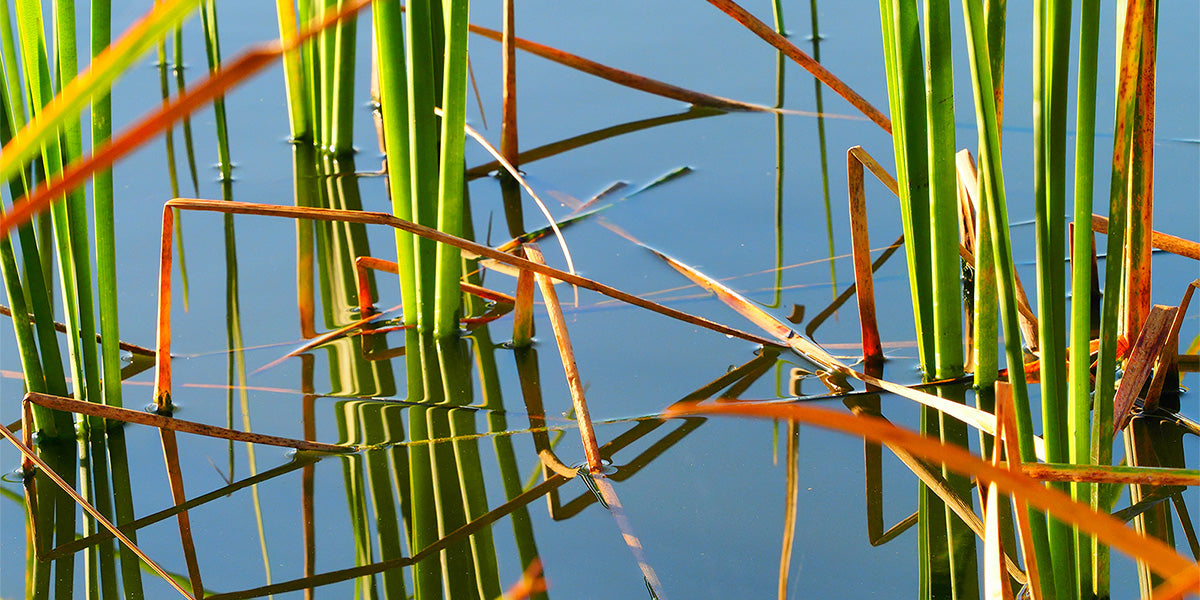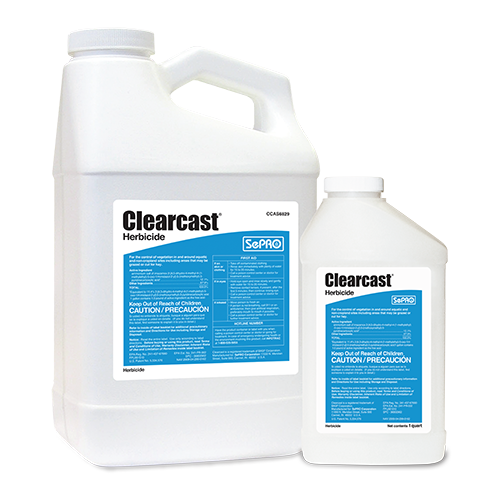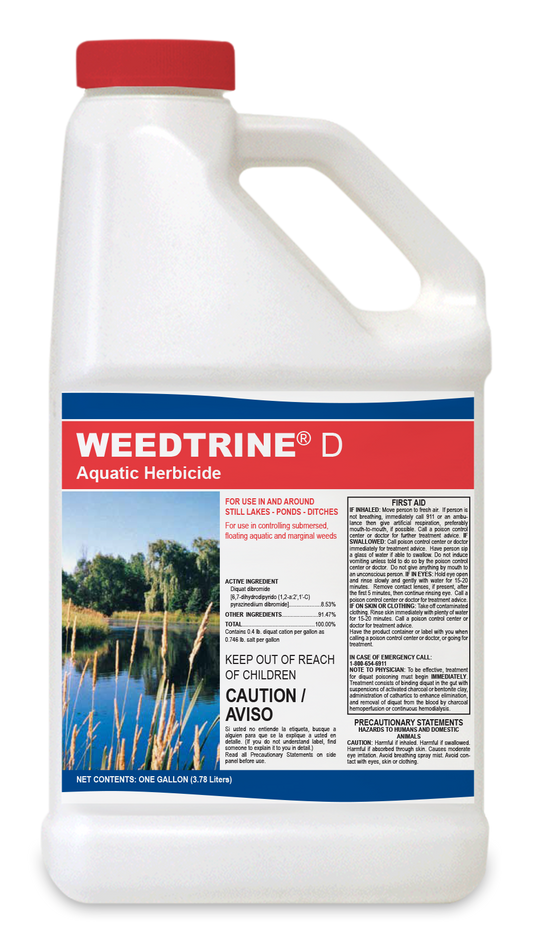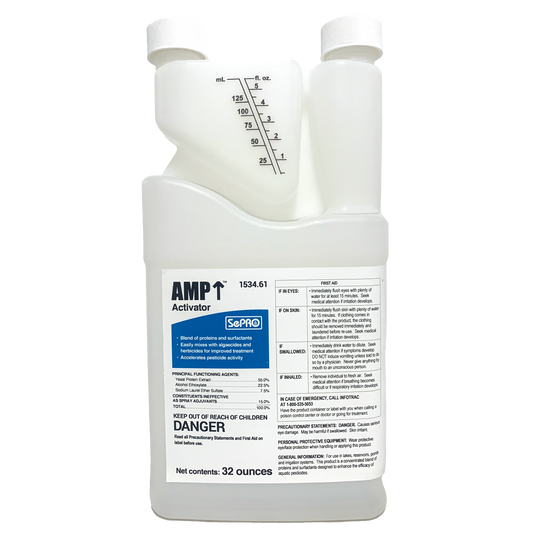Cattails (Typha spp.) can have both positive and negative impacts on a lake shore, and whether they are beneficial or not for a lake shore owner depends on various factors and the specific goals of the property owner. Here are some considerations:
Benefits of Cattails:
- Erosion Control: Cattails can help stabilize the shoreline and reduce erosion by their dense root systems, which hold soil in place.
- Habitat: They provide habitat and food for various wildlife species, including birds, insects, and amphibians. This can enhance the biodiversity of the area.
- Water Quality: Cattails can help improve water quality by absorbing excess nutrients, such as nitrogen and phosphorus, from the water. They can act as a natural water filter.
- Aesthetic Value: Some people find the tall, slender, brown seed heads of cattails aesthetically pleasing, especially in naturalistic or wetland-style landscapes.
Drawbacks of Cattails:
- Invasive Potential: Cattails can become invasive and dominate a shoreline if not properly managed. This can reduce the diversity of plant species and limit access to the water.
- Blockage: Thick stands of cattails can obstruct views of the lake and access to the water, which may be undesirable for some property owners.
- Mosquito Habitat: Cattail stands can create ideal breeding grounds for mosquitoes, which can be a nuisance and a health concern.
- Nutrient Uptake: While cattails can help improve water quality by absorbing excess nutrients, they can also deplete oxygen levels in the water at night, potentially harming fish populations.
- Maintenance: Cattails may require periodic maintenance to prevent them from spreading too aggressively and to maintain a desired aesthetic.
To summarize, cattails may or may not be beneficial for a lake or pond shoreline depending on your specific goals. If your focus is on erosion control, improved water quality, and wildlife habitat, then cattails can be quite beneficial. However, if your goals are an unobstructed view of the water, easy access, and reduced mosquitos, then cattails might not be for you.




